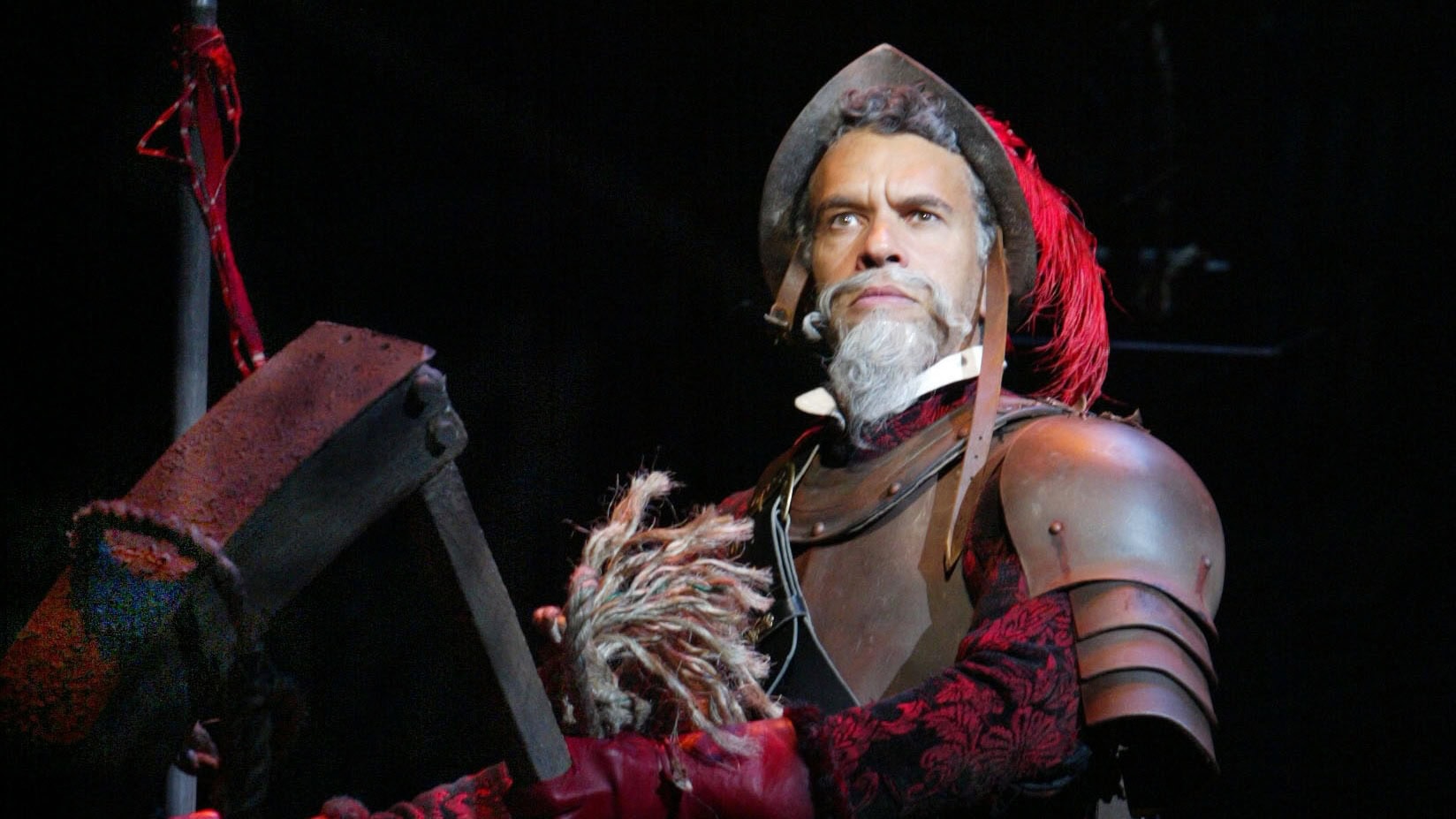
Rabiah Hussain’s Spun tells the story of the intricacies of friendship and its evolution between two friends over a few years, during a time of changing societal pressures and political tension.
Explore as Rabiah Hussain talks about her initial inspiration behind the piece, and offers a few tips to anyone wanting to stage it too!
What first inspired you to write Spun?
I always knew the themes I wanted to explore in this play – race, class, the disparity of London – but I wasn’t quite sure how to approach these. I played around with various scenarios, and in the end, I decided to create a friendship that is pulled apart because of the outside world. Once I had the characters, everything else fell into place.
I knew who Safa and Aisha were pretty quickly, because they are a combination of people and experiences that I have encountered myself. I took issues that interest me, characters that are familiar, and placed them in a world that I know. This was my opportunity to write what was important to me, and to create characters that I wanted to see on stage. They are funny, feisty, ambitious, and they feel real. Once the characters were established, everything else that happens in the play became easier to imagine.
Spun is a play of two parts; the story of a friendship, and a reflection on the impact politics and key social events can have on people’s perception of one another. How did you find balancing both of these elements?
For me, there was no play if I couldn’t balance these two elements together. I believe wider social and political issues have an impact on a personal level, so it was important to tell the story in this way. I didn’t want to write a play that was about politics with a capital ‘P’. I wanted to write something that shows how the outside world can have a ripple effect on individuals and their lives, and the way to do this was to create characters that would feel this intimately. The characters were always at the heart of the play, and once I identified the political and social events that were to take place in their world, I was able to create the story of how each would react to these events. I was then able to plot their individual journeys, and the different paths they take, which then leads itself to them ultimately clashing. Balancing the two elements is all about knowing your characters and being honest about what they believe about the outside world.
As a writer, what was the best thing you experienced from sharing this story?
It was definitely the reaction from audiences, both on social media, and in person. I felt particularly proud when those from similar backgrounds as me said that it made them feel represented, as this was always one of the main aims of the play. I tried to write real characters that I’ve always wanted to see on stage, so it was a great privilege to know how invested people were in them. It’s an incredible feeling.
What do you hope performers will take away from putting on their own production of Spun?
I hope performers can really use the piece to showcase all their acting skills. Spun has comedy, drama, monologues, duologues, and it is completely held together by the performers. They have the entire stage to themselves, and the complete attention of the audience for the duration of the piece. I hope this will give them an opportunity to really find the heart of the story, and feel how big the play is despite being a two-hander. More than anything, I hope they can have fun with it!
Do you have any advice for those wanting to stage your play?
It’s so easy to lose the audience’s attention, so I think pace is important for this play. There are only two people on stage and neither leaves, so you can’t really afford to let the piece slow down too much. I think a lot of this depends on the relationship between the two actors, so I hope this is something the performers can spend some time on in rehearsals. As the friendship is at the heart of this play, having chemistry on stage is vital to this piece.
I also believe this play doesn’t need an extensive set or props, as the heavy lifting is done by the actors and their dynamic on stage. The play is all about storytelling, so it’s important to trust the performers to deliver this.
If you’re feeling inspired you can now stage your own production of Spun, or purchase a copy of playscript!

“The Impossible Dream” – An Anthem of Hope

In the Spirit: Plays and Musicals Based on A Christmas Carol

